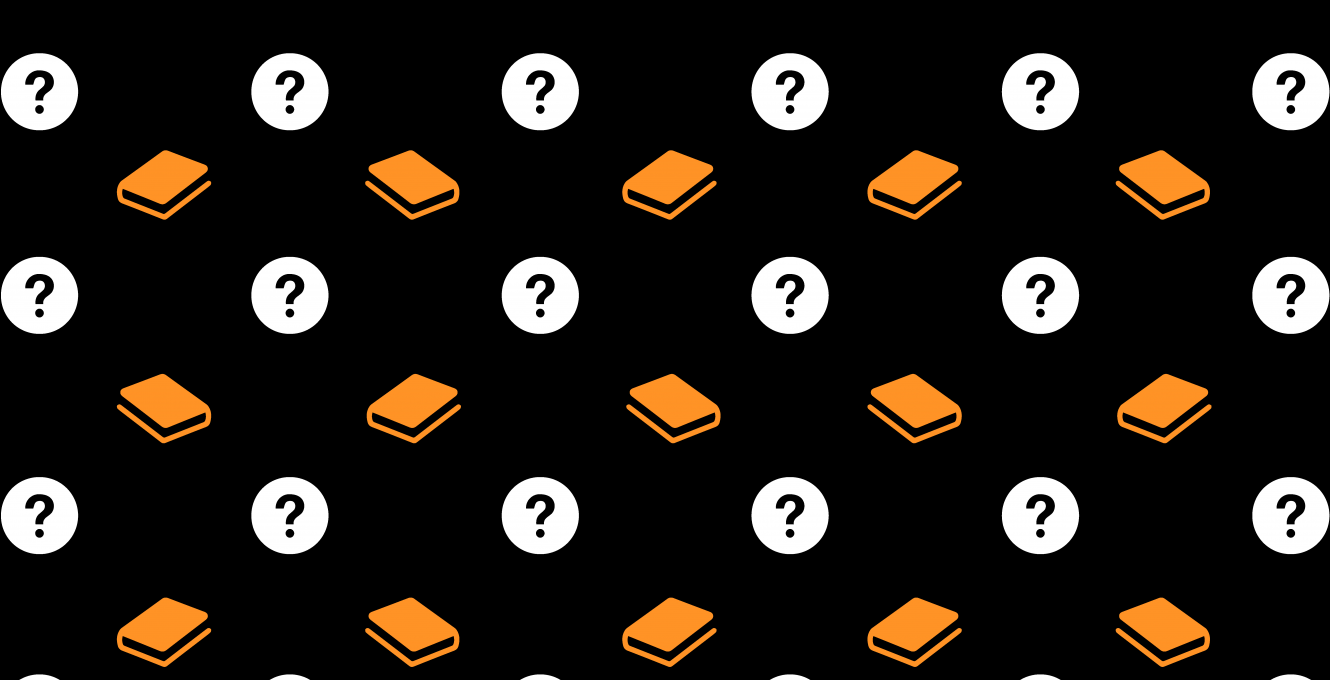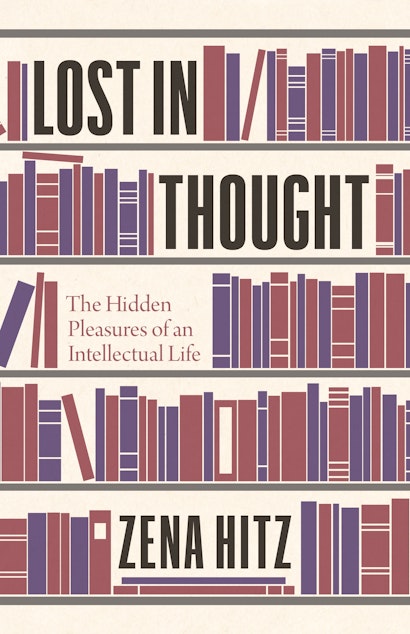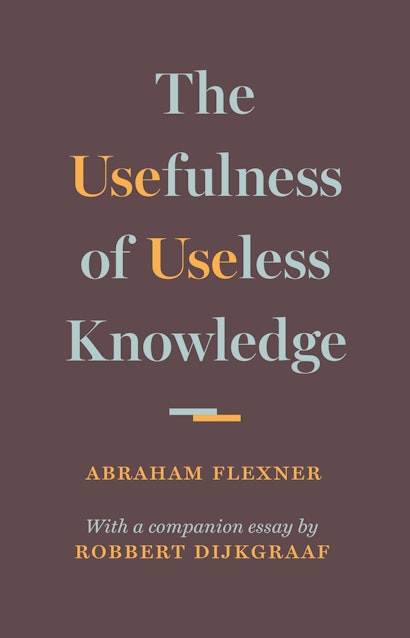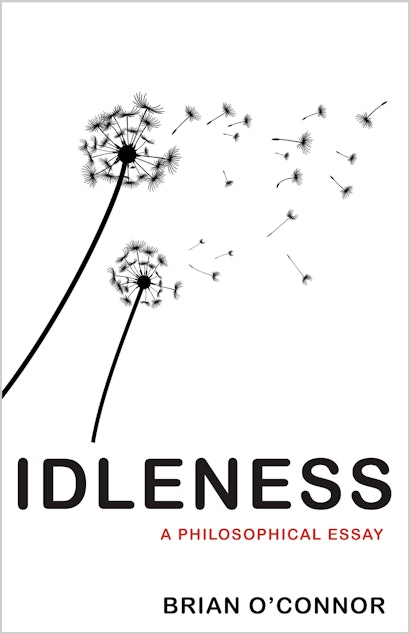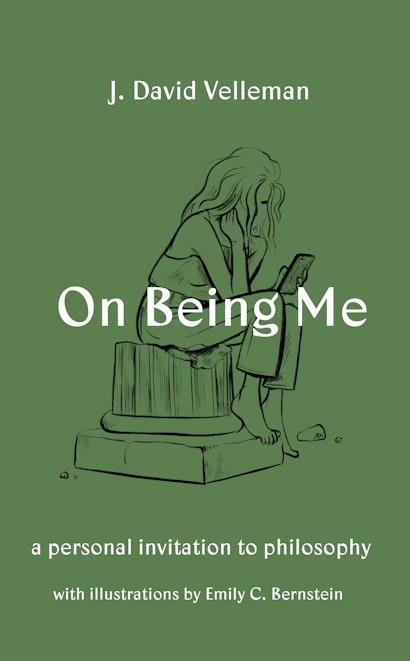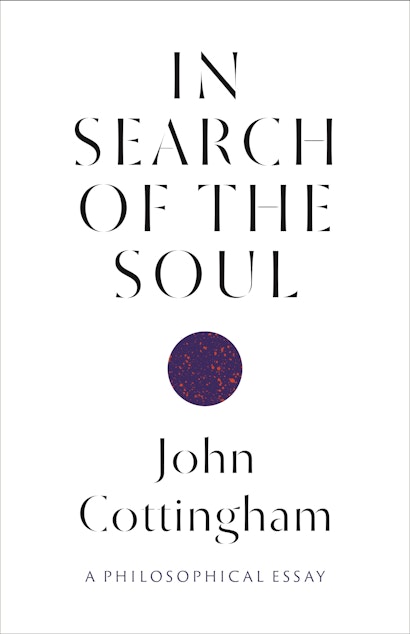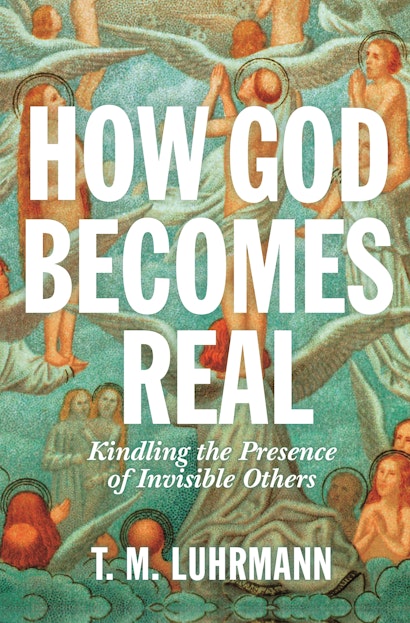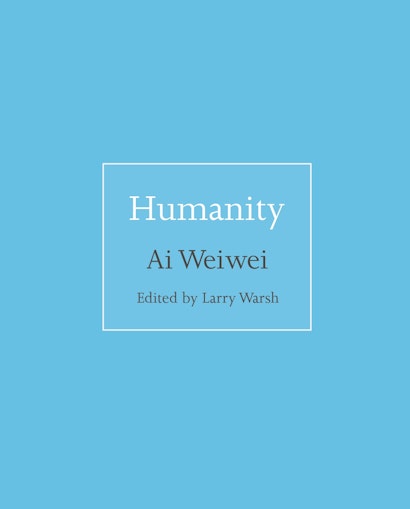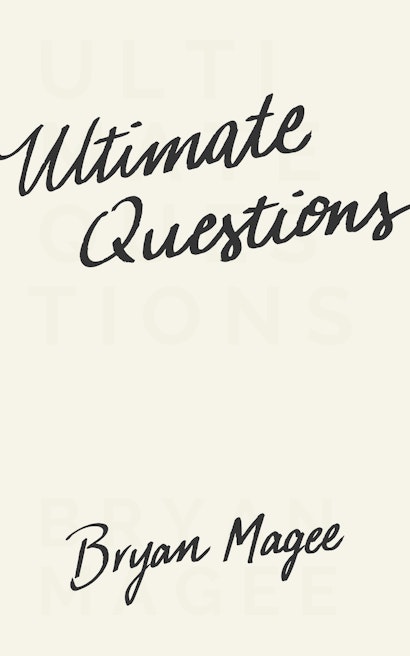Winter is a season for slowing down, cozying up, and taking a moment to ponder and appreciate all the wonder and complexity around us and within us. This list of books for readers with big questions doesn’t promise easy answers, but it will inform inquiry, from the “impractical splendors” of getting lost in thought to the usefulness of useless knowledge and the freedom found in idleness. For consideration while hibernating: how to think like Shakespeare, using vital habits of the mind to think more deeply and learn more joyfully. Read a compelling introduction to the life-affirming philosophy of William James; draw insights from moral philosopher J. David Velleman on how to arrive at a better understanding of the most fundamental parts of ourselves; learn from polymath Bryan Magee on how to live meaningfully in the face of the unknowable; peruse Ai Weiwei on the meaning of humanity; explore the longing for transcendence and the history and meaning of the soul; consider how the hard work of enduring faith makes God real for believers.
In an overloaded, superficial, technological world, in which almost everything and everybody is judged by its usefulness, where can we turn for escape, lasting pleasure, contemplation, or connection to others? While many forms of leisure meet these needs, Zena Hitz writes, few experiences are so fulfilling as the inner life, whether that of a bookworm, an amateur astronomer, a birdwatcher, or someone who takes a deep interest in one of countless other subjects.
A forty-year tightening of funding for scientific research has meant that resources are increasingly directed toward applied or practical outcomes, with the intent of creating products of immediate value. In such a scenario, it makes sense to focus on the most identifiable and urgent problems, right? Actually, it doesn’t. In his classic essay “The Usefulness of Useless Knowledge,” Abraham Flexner, the founding director of the Institute for Advanced Study in Princeton and the man who helped bring Albert Einstein to the United States, describes a great paradox of scientific research.
For millennia, idleness and laziness have been regarded as vices. We’re all expected to work to survive and get ahead, and devoting energy to anything but labor and self-improvement can seem like a luxury or a moral failure. Far from questioning this conventional wisdom, modern philosophers have worked hard to develop new reasons to denigrate idleness. In Idleness, the first book to challenge modern philosophy’s portrayal of inactivity, Brian O’Connor argues that the case against an indifference to work and effort is flawed — and that idle aimlessness may instead allow for the highest form of freedom.
We’ve all had to puzzle over such profound matters as birth, death, regret, free will, agency, and love. How might philosophy help us think through these vital concerns? In On Being Me, renowned moral philosopher J. David Velleman presents a concise, accessible, and intimate exploration into subjects that we care deeply about, offering compelling insights into what it means to be human.
The concept of the soul has been a recurring area of exploration since ancient times. What do we mean when we talk about finding our soul, how do we know we have one, and does it hold any relevance in today’s scientifically and technologically dominated society? From Socrates and Augustine to Darwin and Freud, In Search of the Soul takes readers on a concise, accessible journey into the origins of the soul in Western philosophy and culture, and examines how the idea has developed throughout history to the present.
How to Think like Shakespeare offers an enlightening and entertaining guide to the craft of thought—one that demonstrates what we’ve lost in education today, and how we might begin to recover it. In fourteen brief, lively chapters that draw from Shakespeare’s world and works, and from other writers past and present, Scott Newstok distills vital habits of mind that can help you think more deeply, write more effectively, and learn more joyfully, in school or beyond.
How do gods and spirits come to feel vividly real to people—as if they were standing right next to them? Humans tend to see supernatural agents everywhere, as the cognitive science of religion has shown. But it isn’t easy to maintain a sense that there are invisible spirits who care about you. In How God Becomes Real, acclaimed anthropologist and scholar of religion T. M. Luhrmann argues that people must work incredibly hard to make gods real and that this effort—by changing the people who do it and giving them the benefits they seek from invisible others—helps to explain the enduring power of faith.
This collection of quotations demonstrates the range of Ai Weiwei’s thinking on humanity and mass migration, issues that have occupied him for decades. Selected from articles, interviews, and conversations, Ai Weiwei’s words speak to the profound urgency of the global refugee crisis, the resilience and vulnerability of the human condition, and the role of art in providing a voice for the voiceless.
In 1895, William James, the father of American philosophy, delivered a lecture entitled “Is Life Worth Living?” It was no theoretical question for James, who had contemplated suicide during an existential crisis as a young man a quarter century earlier. Indeed, as John Kaag writes, “James’s entire philosophy, from beginning to end, was geared to save a life, his life”—and that’s why it just might be able to save yours, too. Sick Souls, Healthy Minds is an absorbing introduction to James’s life and thought that shows why the founder of pragmatism and empirical psychology can still speak so directly and profoundly to anyone struggling to make a life worth living.
We human beings had no say in existing—we just opened our eyes and found ourselves here. We have a fundamental need to understand who we are and the world we live in. Reason takes us a long way, but mystery remains. When our minds and senses are baffled, faith can seem justified—but faith is not knowledge. In Ultimate Questions, acclaimed philosopher Bryan Magee provocatively argues that we have no way of fathoming our own natures or finding definitive answers to the big questions we all face.
